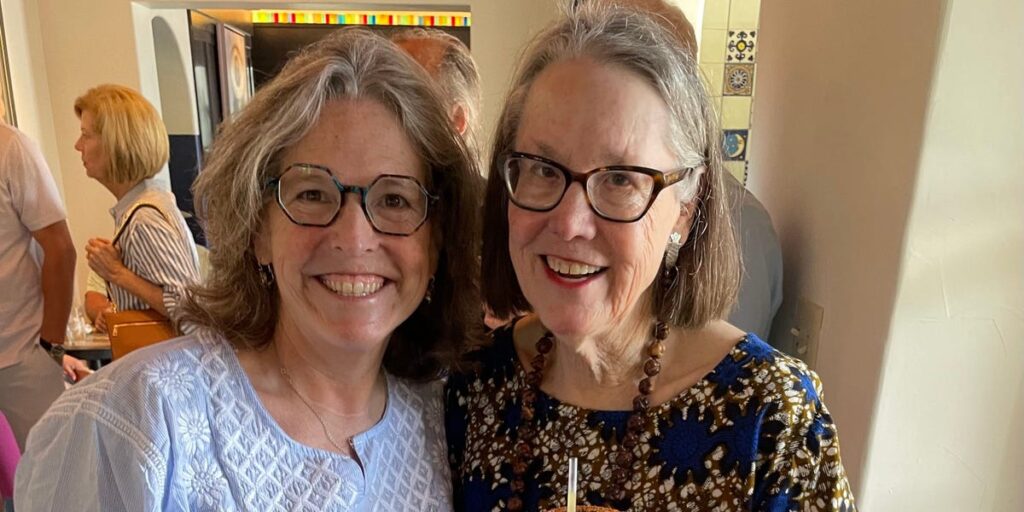I was 22 when I announced my engagement to my college boyfriend — young by today’s standards, but not uncommon in the ’80s. I got the usual “Congratulations!”, “Mazel tov!”, and “Best wishes!”
But when I shared the news with my mother, she said, “Always keep your own credit.”
Mama told me she learned the lesson herself after she and my father divorced in the ’60s, and a credit-card company called to tell her she could no longer use her card.
When she tried to get one of her own, the company denied her, requiring either a male cosigner or a steady job. Refusing to ask a man for help, Mama got crafty. She paid a small fee to become a notary public, then applied for a different credit card.
She listed her occupation as “state official, notary public” and was approved. Her story was interesting enough, but I was offended that my mother refused to accept that my marriage would last forever.
Besides, as I explained to my mother, her advice no longer applied, since the Equal Credit Opportunity Act of 1974 prohibited lenders from requiring male cosigners or applying stricter credit standards for women.
“That’s fine,” Mama said. “But you’ll still need a job to get credit, so don’t ever give that up. Always be able to take care of yourself.”
Though I doubted my mother’s advice, I was glad I followed it
I asked my fiancé to sign a prenup (to protect assets I didn’t even have), just to shut my mother up. Then, early into the marriage and before having children, I went to law school, aiming to become, if not Atticus Finch, at least financially self-sufficient.
Though I refused to admit it, deep down I knew my mother was right and that divorce was a possibility.
And, as you might guess, my marriage didn’t last. The divorce was simple enough — financially, though certainly not emotionally — because I had listened to my mother (for once).
Money I had inherited during the marriage, although commingled, remained mine. Other women I knew, ones without mothers warning them of divorce and financial ruin, were not as fortunate.
When their marriages crumbled, they worried about how to support themselves. One stay-at-home mom I knew scrambled to get a job the moment she suspected her husband of infidelity, fearing the inevitable divorce. Another moved out of the house she was awarded in the divorce, knowing its expenses were unsustainable without her ex’s income.
For better or for worse, Mama’s advice is still worth following
I wish Mama’s advice were less relevant now, as two-income households have become both a necessity and the norm, and many people have grown accustomed to living on less.
However, research still suggests that traditional gender-based roles in the home, along with overall gender inequality, leave women more financially disadvantaged than men after a divorce.
Now, as much as ever, women ought to heed my mother’s advice and take care of themselves financially.
And while they’re at it, perhaps they should also consider the advice my unfiltered mother gave me just before my second marriage: “Keep your name, so you don’t have to change it all the damn time.”
Read the full article here
















